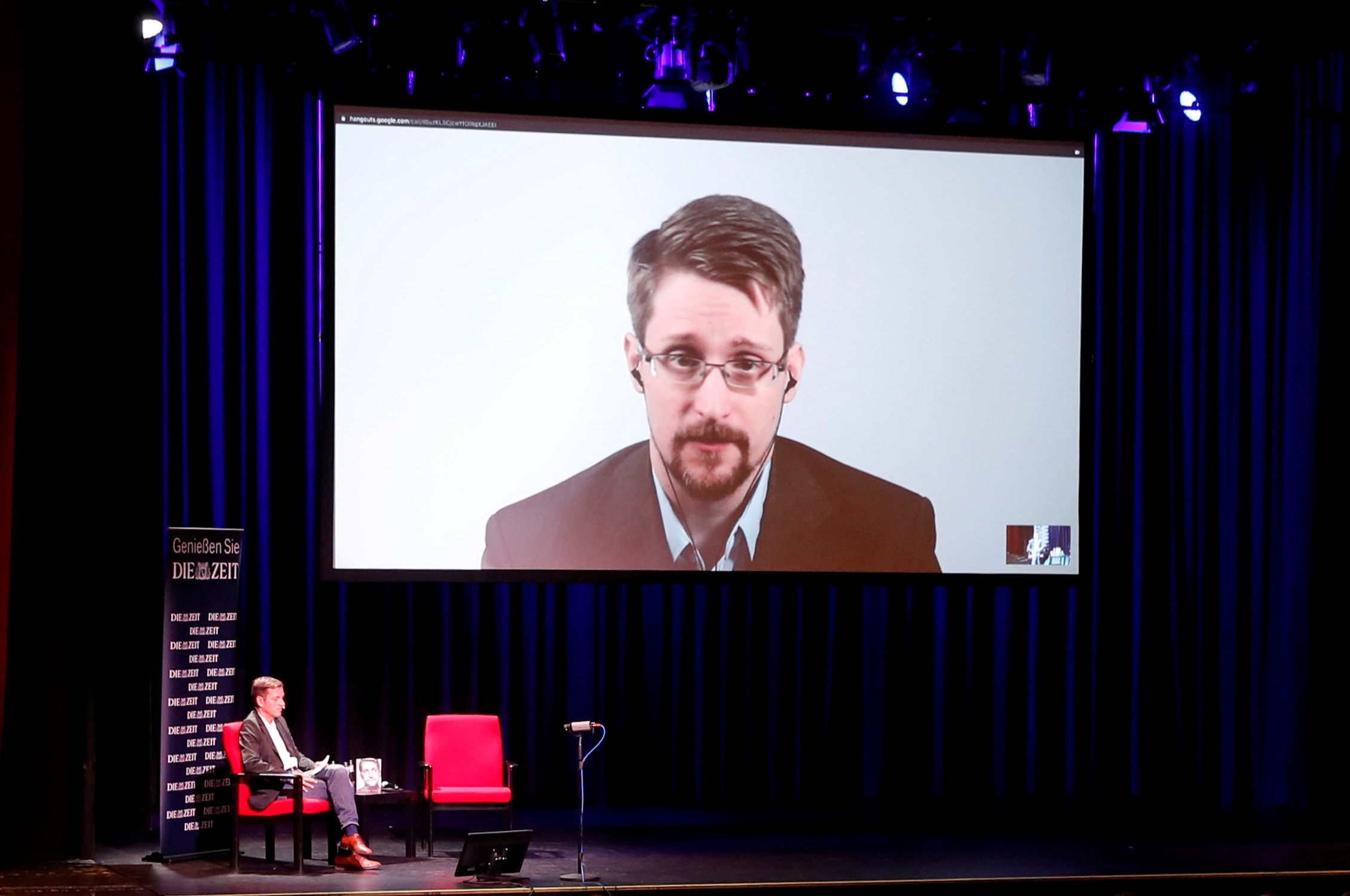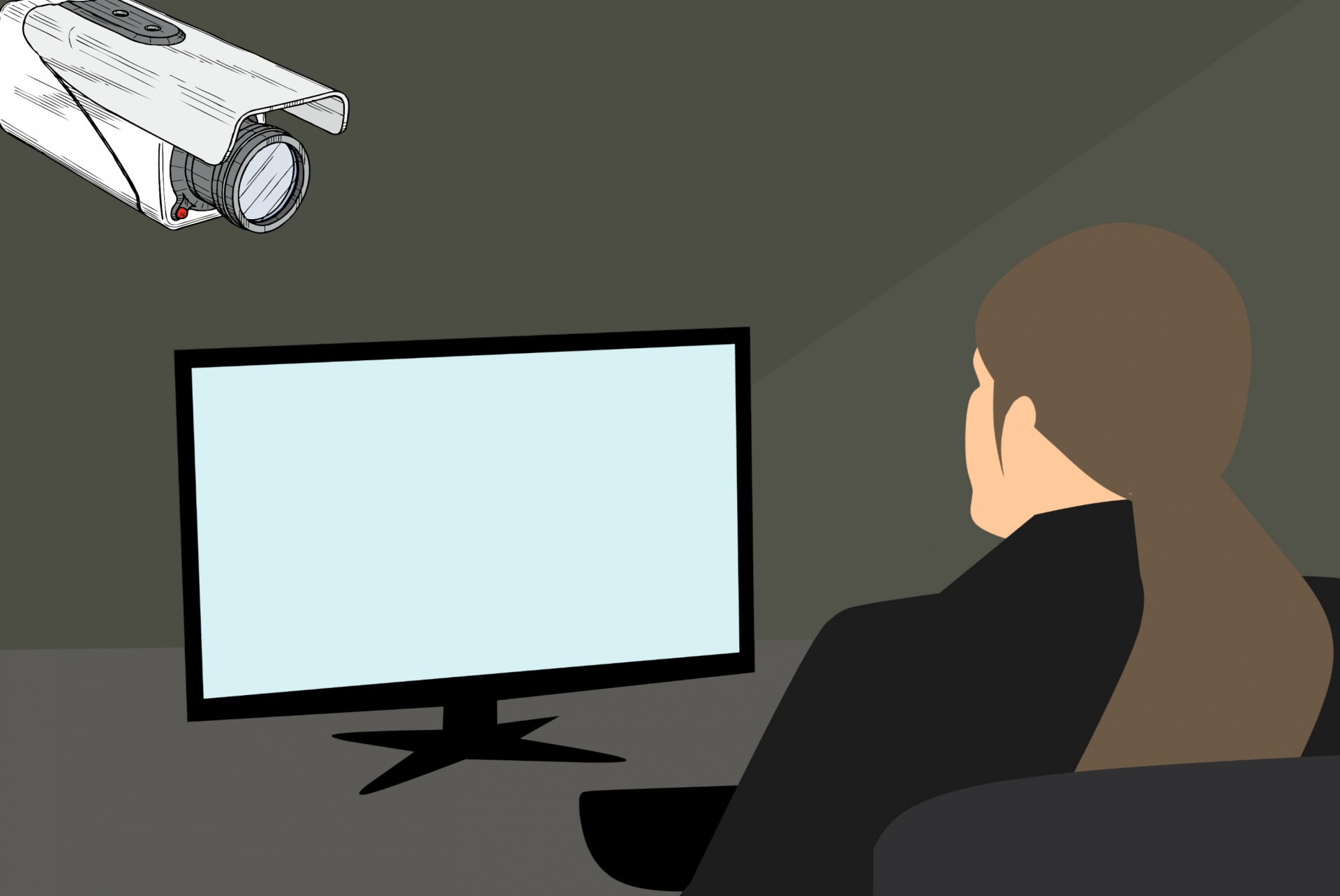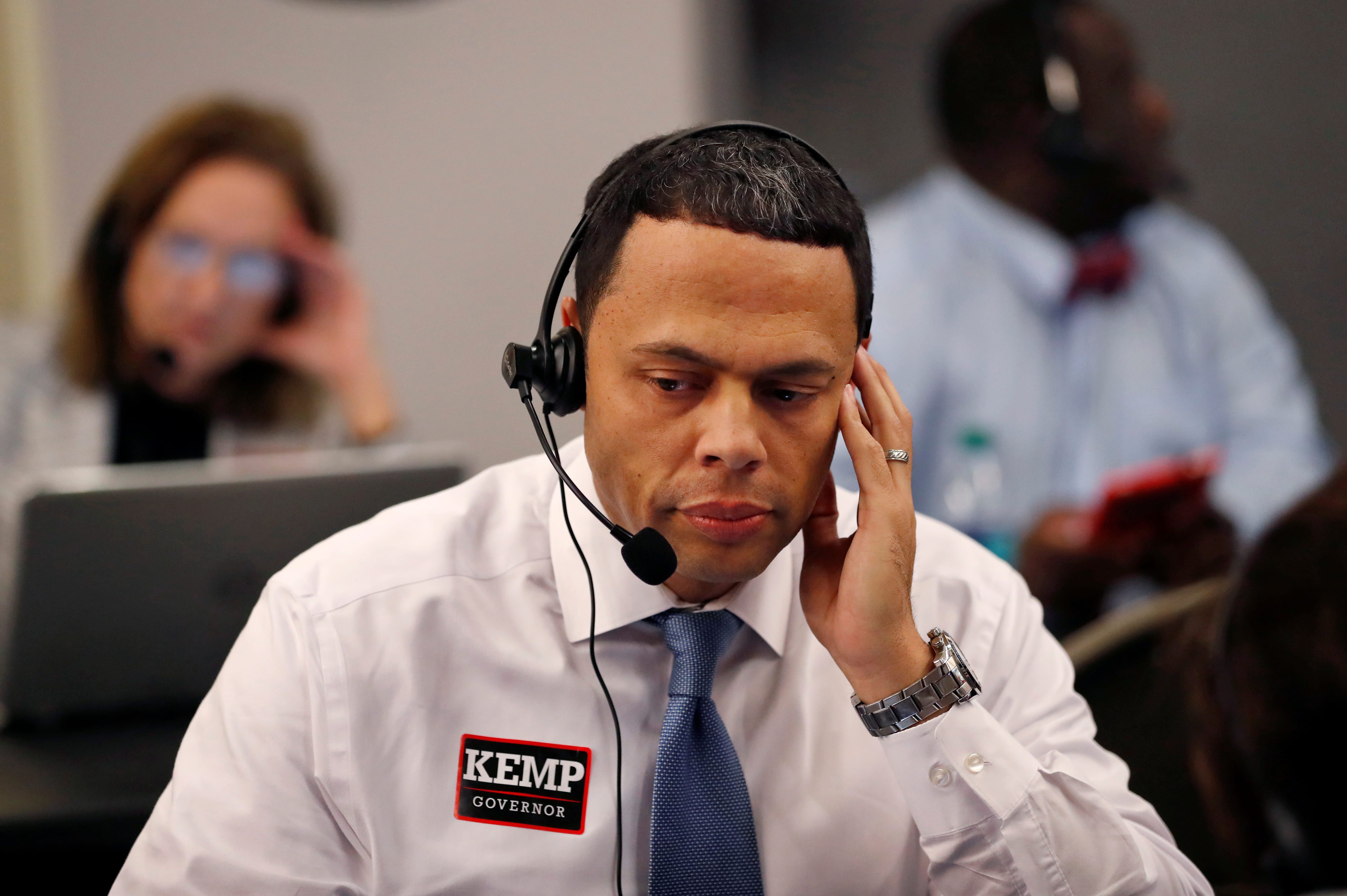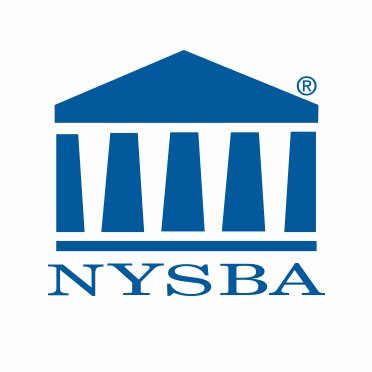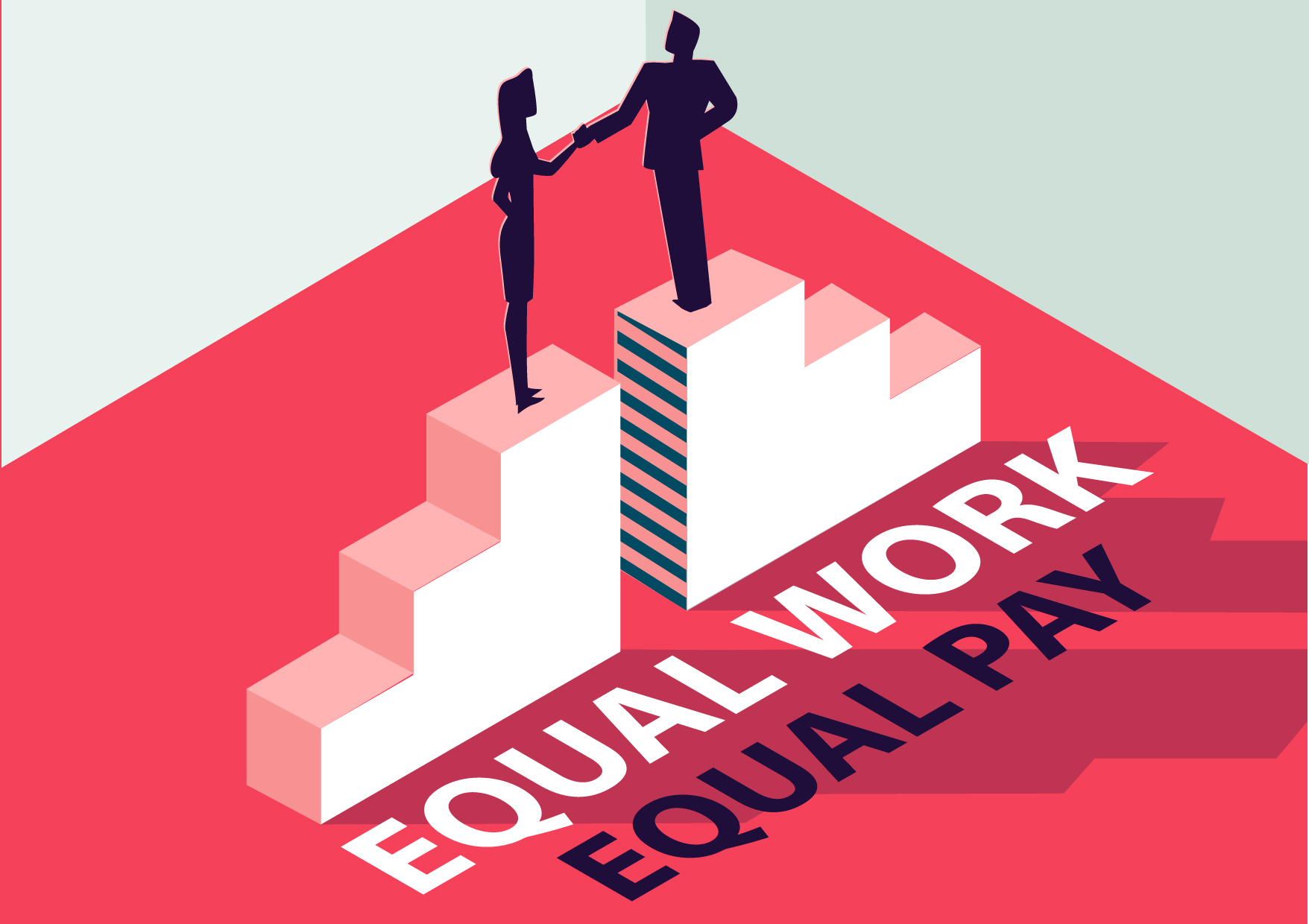Civil Liberties Groups Petition Supreme Court to Unseal “Secret” Surveillance Court Rulings
Most court opinions are made publicly available under the First Amendment so that people can understand what the law is and have trust in the judicial process. That is not the case for the Foreign Intelligence Surveillance Court (FISC) which decides when government agencies can spy on suspected foreign agents, and can sometimes target American citizens as well.
NYPD Shares Its Policies on Surveillance Technologies with Public
On January 11, the New York City Police Department (NYPD) published more than a dozen documents on how and when its officers can use surveillance technologies, including body cameras, facial recognition technology, and cell phone locators. The agency’s move towards transparency is the result of a three-year-long battle that culminated this summer with the passage of the Public Oversight of Surveillance Technology (POST) Act on June 18, 2020.
Are Political Robocalls Protected Under the First Amendment?
Regulating robocalls based on the content of their messaging presents a more severe threat to First Amendment freedoms than regulating their time, place, and manner," the United States Court of Appeals for the Ninth Circuit ruled in a case involving Montana's robocall laws.
New York Fair Trial Free Press Conference
Every year, the New York State Bar Association (NYSBA) convenes a panel of journalists, judges, and lawyers to discuss a hypothetical case involving free speech, the freedom of the press, […]
Reprinted with Permission From Knight First Amendment Institute at Columbia University In a landmark decision for the freedoms of speech and association as well as digital privacy, the Supreme Court […]
The Chamber of Commerce of Greater Philadelphia brought a lawsuit against Philadephia for an ordinance that banned employers from inquiring about a job-seeker’s salary history, stating that it was 'bad for business.' The ordinance has two parts - "it prohibits an employer from inquiring about a prospective employee’s wage history (“the Inquiry Provision”); and second, it makes it illegal for an employer to rely on wage history “at any stage in the employment process” to determine a salary for an employee (“the Reliance Provision”)." Philadelphia approved the ordinance in January to take effect this May. However, U.S. District Judge Mitchell S. Goldberg of the Eastern District of Pennsylvania ruled that the "inquiry provision" specifically violated the First Amendment's free speech clause. “Although the ordinance represents a significant positive attempt to address the wage gap, the First Amendment compels me to enjoin implementation of the inquiry provision." Will this chill efforts in other states and cities that have been passing similar ordinances?
Privacy: Newsworthiness is a Strong Defense
Privacy (Embarrassing Private Facts) Disclosure of private facts about an individual, according to the Restatement (Second) of Torts, can give rise to liability if it involves information that “(a) would […]
